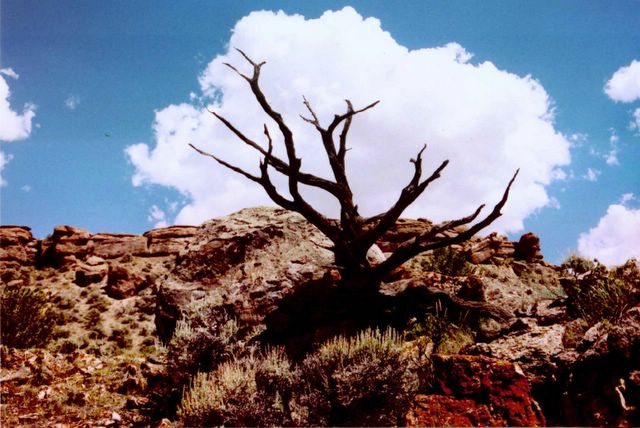
By the way, the "Living by the Word" segment for this week in the Christian Century by Leonard Beechy is very very good, and inspired this post, but is not available on the internet.
Here is a piece from Beechy on the Theolog though--gives you a taste of his writing.
“Jesus Christ is Lord” means something to us today, but it meant something very specific in the ancient world.
To say “Christ is Lord” was to challenge the Roman empire. A common greeting in the time was “Caesar is Lord” There was also a cult of the emperor, a belief that the Roman Leader was a god on earth.
The imperial cult was strong in many of the cities that our that are the birthplaces of Christianity. Cities that had an imperial cult were given special status and benefits in the empire.
The cult made sense to the Roman mind. Who but a god would be able to achieve the things the Roman empire achieved? Jesus lived and the church was born during something historians have called the “Pax Romana,” the Roman Peace.
It was a time when the Roman Navy made the seas safe and clear of pirates and robbery The Roman legion patrolled the various regions of the Empire and were kept free of “inter-tribal” wars lawlessness.
Technological improvements were blooming, and roads were being built to serve the population. The average person, the average Jew, was appreciative of the world the Romans had created.
Rome’s goal was to bring about peace on Earth enforcing a peace on earth. Who but a god could bring about this reality?
This is why someone who rebelled against the Roman rule was called a Zealot. Zealots had let their zeal for the ancient prophecies of God cloud their rationality. It was so clear: The Romans had things pretty well under control. This is why the Sanhedrin (the Jewish sacred leadership approved by Rome) was threatened by rumors of his Jesus’ “Kingship.”
So, Pilate’s question to Jesus, and Jesus’ response should be heard in this context. Pilate was concerned about any threat to the Pax Romana when he interviewed Jesus. This is why he was interested in suppressing any “so called king.”
A new king would mean “inter-tribal” battles, (headaches for the Roman legions in the area assigned to keep the area peaceful.)
This is also why Jesus’ response is also to be heard in this context. “My kingdom is not of this world—this is why my followers do not try to stop you from arresting me.”
“My kingdom is not of this world.” I am not here to threaten the earthly rule of Rome. I am not here to invalidate the peace that has been created. I am here to qualify that peace. It is a temporal peace. I am here to establish everlasting peace.
I am here to proclaim a spiritual peace that only God can give.
Jesus had never made any claims to power. He took the opposite route. He made claims to service. He said he’d be the servant of all and if we wanted to follow him we’d take the lowest positions—the positions of slaves.
To display the rule of his kingdom, he got down on his knees and washed his disciples feet. What he was displaying was that everlasting peace—the peace that transcends space and time—is won through gentle acts of serving others.
It comes through opening your eyes to the holiness of those who are rejected by even the most gloriously peaceful empire that had been known.
This is why Jesus’ ministry was among those who had “fallen through the cracks” of the Pax Romana and the Jewish society upon which it encroached.
He defended an adulterous woman from being stoned. He put his arms around tax collectors (who though served the Roman empire, were shunned by their own communities for doing it.) and zealots (who were marginalized by the powerful and “polite” society). He lifted up children, and said they possessed the truth about the Kingdom of God.
Though temporal peace was and may be won by “enforcing the peace,” as the Romans did, Jesus shows us that everlasting peace is achieved through becoming vulnerable.
Vulnerability is finding humility. Vulnerability is taking the role of a servant. Vulnerability is opening up to someone else in love and covenant. Vulnerability is asking for forgiveness.
Jesus went to the cross in the ultimate display of vulnerability. As Paul says in Phil. 2, “He made himself empty.”
This is the ultimate expression of Kingship. Jesus showed that he is the King who brings everlasting peace by pouring out all the power that he possessed. He made himself completely vulnerable, and thus displayed supreme power.
What king has more power, the king who has to guard his power or the king who is so secure that he knows he can pour out his power among his people?
It is our heritage then to serve in the task of creating everlasting peace through acts of service. We pour ourselves out to those who have fallen through the cracks of the Pax Americana. We proclaim the greatest King when we get on our knees and wash feet.
































